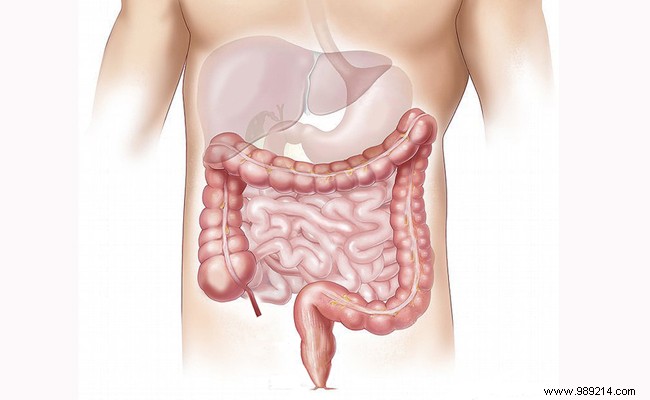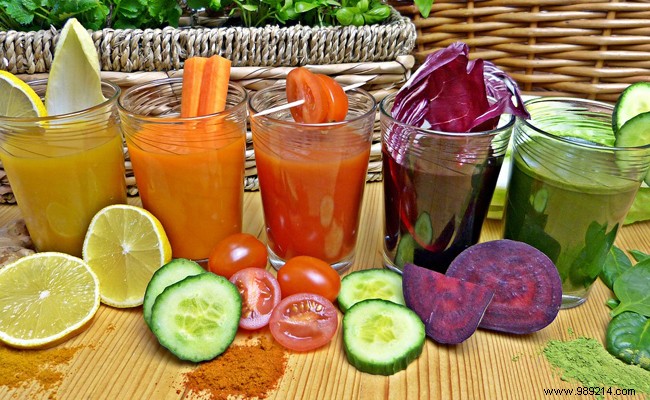Constipation affects between 15 and 35% of French people and women are generally the main victims. Although it is benign most of the time, this pathology is a source of discomfort but can also hide a more serious problem. It is important to make a good diagnosis and to set up an appropriate treatment.

Constipation is a disorder manifested by difficulty or delay in passing stools. The person concerned finds it difficult to have a bowel movement or can no longer do so at all. The stools thus become rare, dry, hard, compact and in small quantities. In healthy people, the frequency of evacuation ranges from three times a day to three times a week.
It is important to note that there are two main forms of constipation. The first being terminal constipation. The subject is the victim of dyschezia (difficult defection) because of a problem of muscular coordination of the anus which, instead of relaxing, undergoes a contraction. Secondly, we find the constipation of the transit caused by a dysfunction of the muscles of the nerves related to the intestines or the digestive tract.
To detect a sign of constipation, it is important to be attentive to certain manifestations. The feeling that the intestines are not completely emptied after an evacuation is a sign. Abdominal bloating, indigestion, gas, loss of appetite, pressure or pain in the stomach can be symptoms of the pathology. Complications are not uncommon. When the effort during evacuation is too intense, a tear in the anus appears causing pain and bleeding. In addition, a risk of diverticulosis cannot be ruled out. Diverticula which are small pockets that form due to chronic constipation and cause infection or blockage. Hemorrhoids appear.
As a rule, constipation is caused by a bad eating habit, stress, lack of physical activity, anxiety, the presence of anal fissures or hemorrhoids. When a person does not go to the toilet quickly when they want to pass stools but holds back, the stool stays too long in the colon which tends to harden them and they become difficult to pass.
Taking a number of medications can also be blamed, such as certain antidepressants, opiate painkillers, cough syrups, iron supplements or certain antacids.
Also, bowel obstruction such as a benign growth or tumor, hypothyroidism, chronic kidney failure, rectal or colon cancer, or irritable bowel syndrome can cause constipation. In any case, nothing beats a good diagnosis to detect the causes of the pathology.
In the event that constipation becomes a problem, prompt medical attention is imperative. This is necessary and urgent especially when the stools are accompanied by blood, in case of weight loss, pain and bloating alternated with diarrhea or if the symptoms last more than three weeks.
The specialist will perform an x-ray of the abdomen to confirm stool stagnation. He can also perform a digital rectal examination to look for a faecal impaction or a plug of matter.
A clinical examination accompanied by a palpation of the abdomen is also carried out by the specialist. Bloating and hardening of the belly will allow stool to be felt during palpation.
The main way to prevent constipation is through a good diet. It must consist of a quantity of fruits and vegetables preferably rich in fiber which contribute to increase the volume of the stools by bringing water to the colon in order to thus simplify the evacuation. Among the foods richest in fiber are pulses (chickpeas, beans, lentils), prunes, nuts and green vegetables. On the other hand, it is necessary to avoid foods such as potatoes, radishes, cabbage or bananas which delay transit.

Hydration is also key in the fight against constipation because water promotes increased stool bulk. Plain water will be a better ally than sparkling water, which is often a source of bloating. Fruit juices and laxative herbal teas are to be preferred.
In addition to good hydration and a good diet, regular physical exercise is essential. Being active would have positive impacts on intestinal transit and abdominal muscles.
Finally, it is strongly advised to go to the toilet as soon as the urge to evacuate the stool is felt. After meals in particular, contractions appear causing a desire to evacuation. This reflex is natural and will allow you to relieve yourself more easily. Constipation is not a problem to be treated lightly:for the record, know that the death of the king Elvis Presley would have been caused by chronic constipation.
If a good diet and a healthy lifestyle are recommended to overcome constipation, this is not always enough. These measures are accompanied by curative treatments. The use of natural remedies should be considered, especially if the constipation is caused by stress or anxiety, for example. In this case, acupuncture or homeopathy show a lot of efficiency. You can also try massages to energize intestines that are a little too lazy.
Otherwise, there are drug treatments such as laxatives which must be taken temporarily and not as a continuous treatment. These laxatives can cause loss of mineral salts and irritation of the digestive tract when they are not used wisely. The use of stool softeners and the practice of enemas are also recommended because they soften the stool. Consulting a doctor for a prescription will be one of the most beneficial gestures in finding the right treatment.
If constipation often remains a taboo subject for some people, it is nevertheless important to talk about it. Consult a doctor in case of concern will avoid irreversible problems. And in the meantime, the very instructive reading of Giulia Enders' book "The Discreet Charm of the Intestine" will be very precious to you!